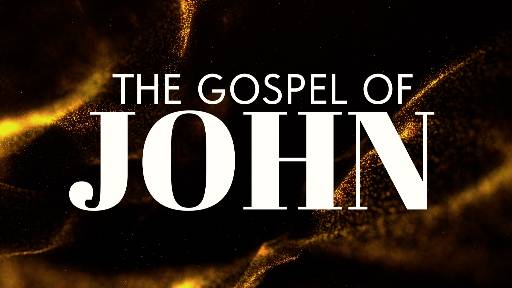-
The Council Of Nicaea Series
Contributed by Keith Foskey on Nov 28, 2017 (message contributor)
Summary: How did the Council of Nicaea and the Nicene Creed help establish the teachings of the early church? In addition, what controversies were dealt with? This lesson explores this important turning point in Christian history.
Church History: Examining the Creeds and Confessions of the Church Through the Ages and Why They Matter.
Lesson 4: The Nicene Creed
So far, in our study of church history we have seen:
An overview of the last 2,000 years of church history.
The creeds which are found within the Bible itself.
The early church documents called the Didache and the Apostles’ Creed.
Tonight, we are going to examine the first - and some would call the most significant - ecumenical council of the church: The Council of Nicea.
The History of the Council
Up until the fourth century, the Christian Church suffered persecution from Rome.
But in 313, the Edict of Milan made Christian worship legal within the Roman Empire.
This was the result of the Emperor Constantine having converted to Christianity after believing he had seen a sign of the cross in the sky prior to the Battle of Milvian Bridge, and he believed that sign had brought him victory.
At this time in history, Rome was a hodgepodge of religions and beliefs.
And within Christianity, there was also serious debate taking place about foundational doctrines.
Most specifically the doctrine of Christology (i.e. the person and nature of Jesus Christ).
It was a time of serious turmoil, with graffiti on town walls, pamphlet wars and vicious rhetoric being spewed between debating groups.
Dr. James White has pointed out that such was the religious climate of that day that when purchasing a loaf of bread, a person could be asked if he believed the son was “begotten” or “unbegotten”.
Constantine invited 1,800 Bishops (1,000 from the east, 800 from the west) from all over the Christian world to attend a council and settle their theological disputes in Nicea in AD325.
There was not an official count made of those who actually attended, but Athanasius counted 318 in total.
Each Bishop was allowed to bring two priests and three deacons, so it is likely that there were close to 2,000 people present for the council.
This was the first ecumenical (world-wide) gathering of the church.
Among the Bishops was one who would take center stage in the debate.
The Presbyter Arius proposed the idea that Jesus, while having a form of divinity, was not coequal or coeternal with the Father.
In opposition to Arius was Alexander of Alexandria and Athanasius, who contended that Jesus was fully divine, bring coequal and coeternal with the Father.
This may seem like a simple and somewhat small debate, but it has tremendous consequences in Christian thought.
It is essentially asking the question: Is Jesus created, or uncreated?
Is Jesus Creator of all, or is He a part of the Created order?
It is important to realize that Arius was not denying that Christ was divine or even that He was the creator of the whole universe.
Arius believed Jesus created everything “else”.
But Arius rejected that Jesus Himself was uncreated.
In the council, a very specific set of ideas was being debated.
Homoousia - Christ is of the “same substance” with the Father.
Homoiousia - Christ is of “similar substance” with the Father.
Heteroousia - Christ is of “difference substance” than the Father.
Arius continued to argue that the Son was not eternal, but rather created by God as His first creation, and through Him all “other” things were made.
This would mean that he took the “Heteroousia” position.
The semi-arians took the “homoiousia” position”
NOTE: The modern expression of this is within the Jehovah Witness movement, who still argue that the Son of not coequal or coeternal with the Father. They have even written their own Bible translation “The New World Translation” which has many errors by the translators which attempt to deny the complete eternality and divinity of Christ.
The Decisions Reached by the Council
The council decided overwhelmingly against the Arian position.
Of all the Bishops present, only two refused to sign the creed which was adopted containing the language of “homoousia”.
These two, along with Arius, were banished to Illyria.
The Arian Controversy was not the only decision made by the council.
There was also debate about dating and celebrating Resurrection Sunday (also called Easter).
They knew that the crucifixion and resurrection coincided with the Jewish Passover celebration, and yet there was concern that the methods used by the Jews for dating the time was inaccurate.
As a result, the council made the decision to calculate the time of the celebration for themselves.
There was also the suppression of the Meletian Schism.
Meletius of Lycopolis was a Bishop who had created a stir because he refused to receive back into fellowship those who had avoided persecution by renouncing their faith and subsequently repented of that decision.
Other Bishops had openly welcomed back those who had repented, but Meletius was stern in his position.

 Sermon Central
Sermon Central



